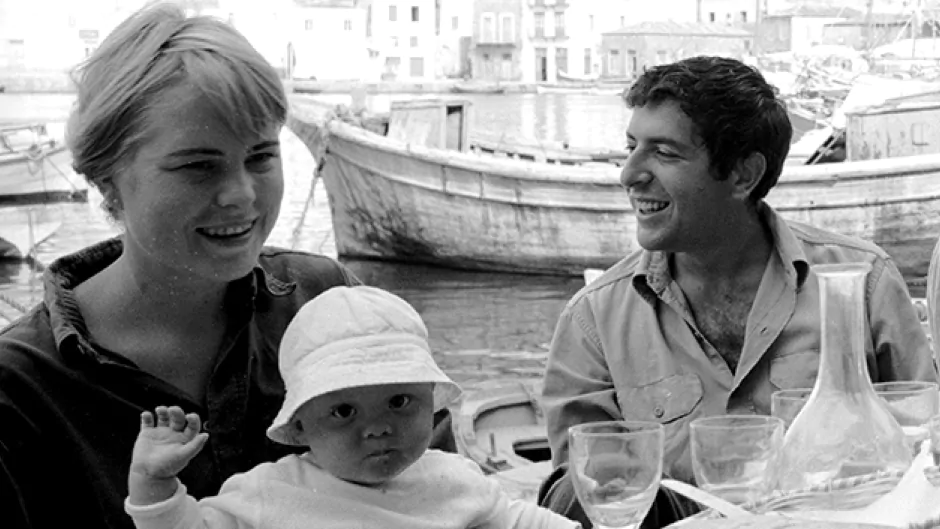Blog Post
Leonard Cohen’s Lost Children
By Jonathon Van Maren
Canadian novelist, poet, and songwriter Leonard Cohen died in 2016, but his work still influences the public imagination. New details of the troubadour’s biography still make headlines, and predictably, his relationships with women are front and center. The stories of his life, lived in the heyday of the sexual revolution, include a string of abortions. They cast a dark retroactive light on some of Cohen’s most famous songs. Every revolution has its victims, and the unnamed children of Leonard Cohen are among their number.
The young Cohen arrived on the Montreal literary scene in the fifties after meeting poet Irving Layton at McGill University. Cohen, Layton, and their friends loathed the puritanism of postwar Canada and burned for something new. The war finally over, it was up to those who remained to create a better world, throbbing with music, poetry, and passion. They believed everything could be changed through art and that they could be the ones to do it. As the biographies detail, Cohen’s pursuit of the pleasure that drove his art was relentless. Late nights, streetlights, glowing orange cigarette tips, cool dawn on tired eyes—this was life. Or was it?
Cohen was driven in particular by his hunger for young women. He was skilled at framing his lust not as a desire to consume, but as an homage to beauty. “When a woman becomes your content, and you become her content—that’s love,” he once said. It isn’t, of course—content is consumed, not cherished. It is interesting how many are willing to make excuses for the unforgivably selfish behavior of great artists—all of Cohen’s biographers do. But anyone who has read Cohen knows he was an extraordinarily keen observer of the human condition. So what excuse can be made for the way he treated women, time and again?
The most romanticized period of Cohen’s career was his time on the Greek island of Hydra, where he wrote novels, poems, and songs; mingled with other artists; and shacked up with the blond Scandinavian beauty Marianne Ihlen. As one of Cohen’s close friends, Steve Sanfield, put it: “There were revolutions going on in literature, and there was a sexual revolution, which we’d thought we won and we probably lost.” But it didn’t seem that way for a time on Hydra, with the yellow beaches and bronzed bodies and endless booze and conversation. As Cohen noted giddily in one interview, the fact that the sexual revolution exploded just as his desires did was “magic.”
READ THE REST OF THIS COLUMN AT FIRST THINGS








